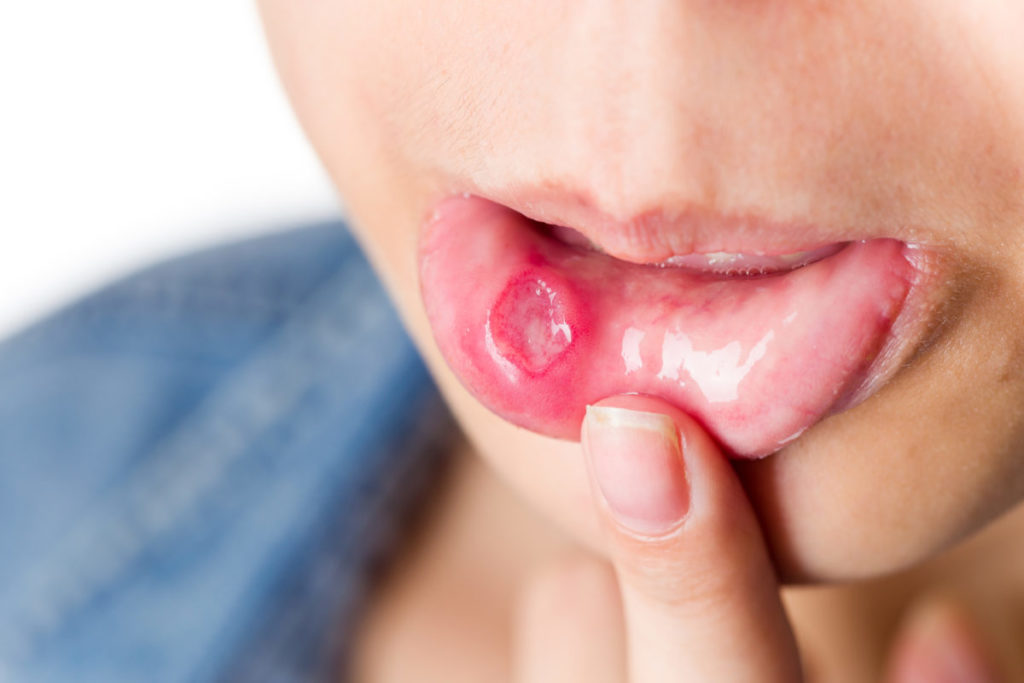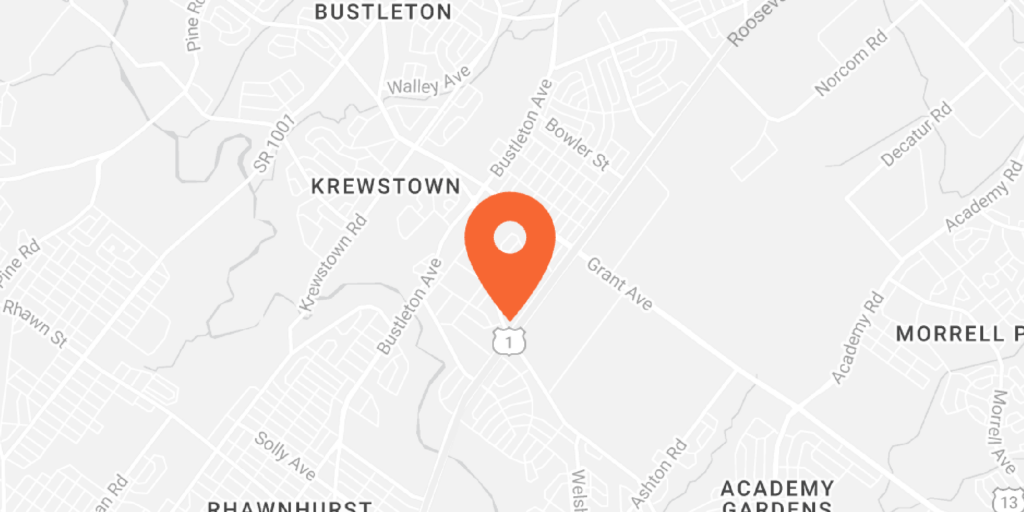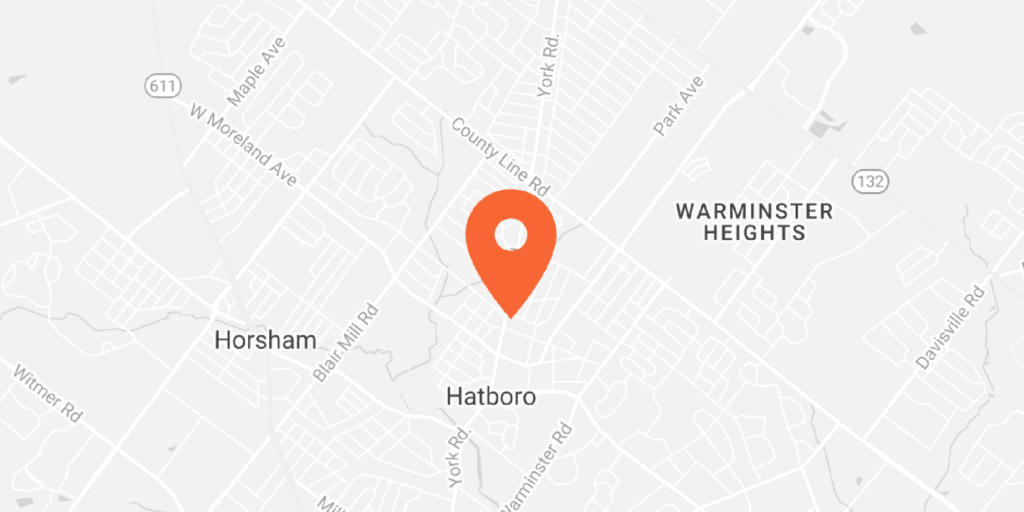Injury to the mouth when you are wearing braces can be a scary thing, but they are more common than you think and as long as you know how to deal with it. Here is a guide, First Aid 101: How to Treat Mouth Injuries with Braces, to help you navigate mouth injuries with braces.
The most common mouth injuries are to the teeth, jaw, lips, tongue, inner cheeks, gums, roof of the mouth (hard or soft palates), neck or tonsils. Don’t panic if there appears to be a lot of blood. That doesn’t necessarily indicate that the injury is serious. Mouth injuries tend to bleed a lot and look a lot worse than they really are. The first thing you should do is stop the bleeding and clean up the area so you can evaluate the damage.
Injury to the Teeth
Besides a tooth getting knocked out, a mouth injury may include a cracked or chip tooth or a loose tooth. A damaged tooth may even change color. Your teeth may feel loose or a damaged tooth may end up jammed into your gum after an injury.
In a hard fall or hit to the face, sometimes a tooth may get knocked out. If that happens, time is of an essence. In many cases if done right away and the tooth is still in good condition, your dentist can replant the tooth into its sockets. When you are wearing braces, things are a little bit more complicated, but the tooth can still be saved. Coordinate with your orthodontist and dentist to get the tooth back in and the wires and brackets fixed.
Soft Tissue Damage
Some mouth injuries lead more to soft tissue damage then damage to your teeth. When you are hit in the face, your lips or cheeks may get caught in your braces which can be painful. The first thing you should do is peel them apart very carefully. Then apply some ice to the area to reduce swelling. Because there are a lot of blood vessels in your mouth, you may experience a lot of bleeding, but don’t worry as long as it slows down, it is nothing to panic about. The bleeding can actually speed up the healing process.
Most soft tissue damage will heal on its own without stitches, but if there is a large gash where the edges do not come back to together, you may need to see an oral surgeon for stitches. If the wound is on the outside of the face, then you will need to see a plastic surgeon.
When Should I Go to the Emergency Room?
After an injury, you are in pain and worried about how serious a situation you find yourself in. The big question is, what should I do? Should I run to the emergency room? Or make an emergency appointment with the orthodontist?
Right after the injury, stop the bleeding and ice the injured area. If the bleeding won’t stop, you have a gaping wound or are in an inordinate amount of pain, go right to the emergency room.
You may need to see an oral surgeon if your teeth are displaced during the injury. He or she will reposition the teeth and compress the bone around the teeth so it goes back to its normal position. The wires to your braces will have to be removed and once everything heals your orthodontist will need to replace the wire as well as any brackets that came off.
If you are just uncomfortable and the bleeding as slowed down, make an appointment with your dentist and orthodontist as soon as possible. Your dentist can take an x-ray to see if any of your teeth have been damaged. If you have lost a tooth, your dentist will need to see if it can be replanted or if you need a dental implant. Then make an appointment with the orthodontist to have any damaged brackets or wires. There are a lot of different parts to your braces – the plastic colored ties, brackets, archwire, bands and elastic hooks – so any direction you can give your orthodontist on what got damaged will help them know how quickly they need to get you in the office.
Sometimes you also may experience damage to your braces just in your regular day to day schedule without there being an injury or accident. These situations need to be taken seriously as well.
If you have any loose bands or brackets or broken wires that are poking your cheeks but you are not in severe pain, you can wait until normal business hours to call the orthodontist to schedule a time to come in to get the problem fixed. If however, you are in severe pain call your orthodontist’s emergency line to get seen immediately.
While you are waiting to be seen, try to use wax to protect your mouth from any chafing or irritation. And see if you can use nail clippers to cut the wire if a broken piece keeps poking into your cheeks or gums.
While all this seems very complicated, the one good thing about a mouth injury when you are wearing braces is that the braces actually prevent any of your teeth from completely falling out.
An Ounce of Prevention Can Go a Long Way
Completely protecting yourself from injury is impossible, but there is something you can do to have some extra protection. If you place sports or engage in a lot of physical activity, talk to your orthodontist about getting an orthodontic mouthguard. This is different from a sport mouthguard. It is designed to fit comfortable over your braces to protect both your teeth and braces in the case of an accident.
There are different types of orthodontic mouthguards and some may be purchased over the counter, but for the best results, get it through your orthodontist.
The important thing to remember is to remain calm and assess and treat the situation as best as you can in the immediate situation and then call your dentist or orthodontist for treatment.
If you want to learn more about out to treat mouth injuries with braces, call Orthodontics Limited today.



